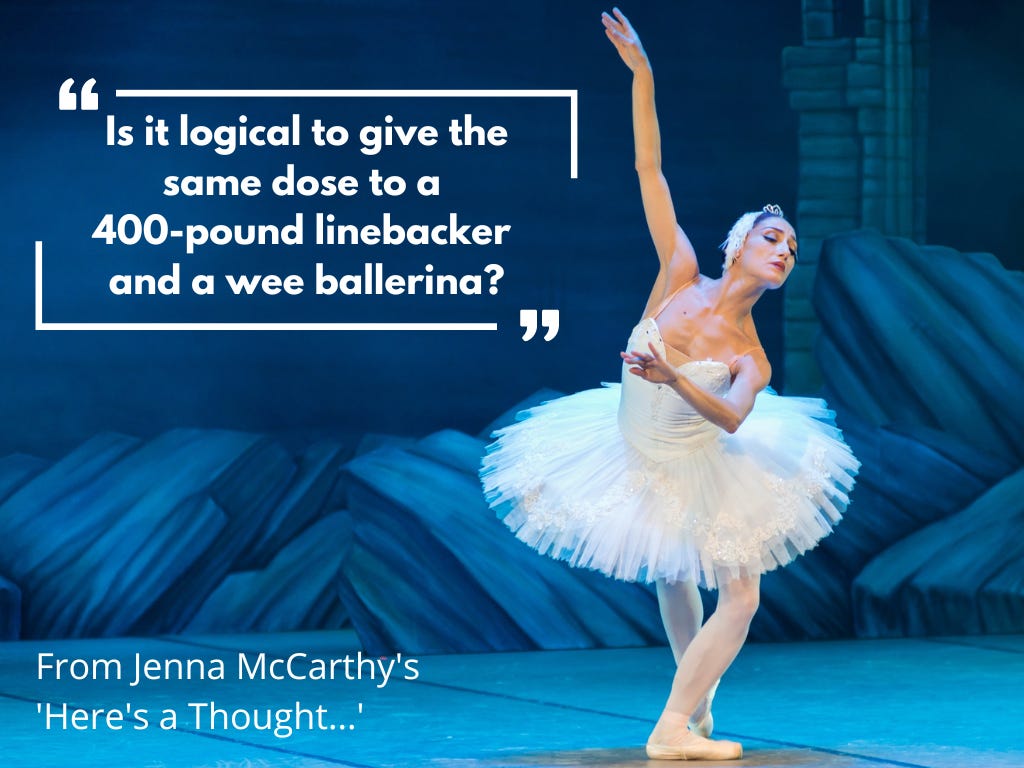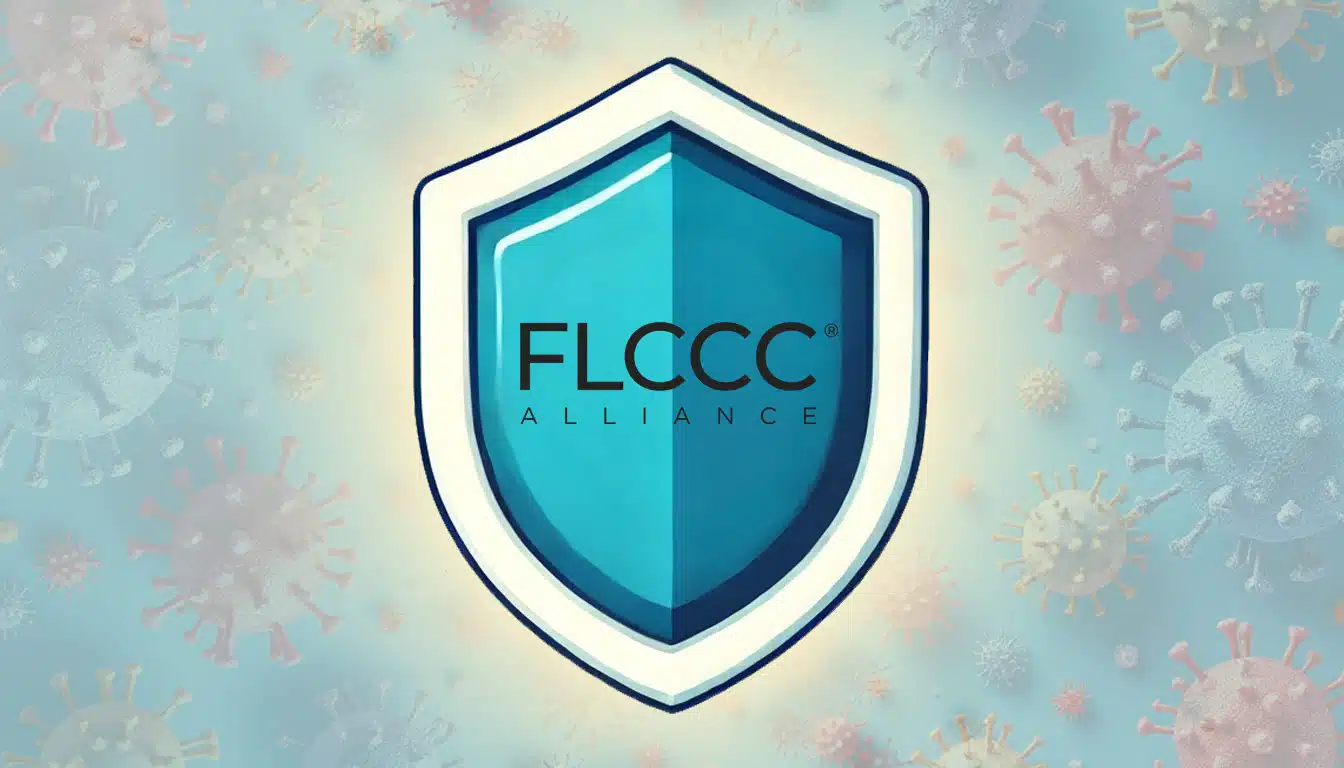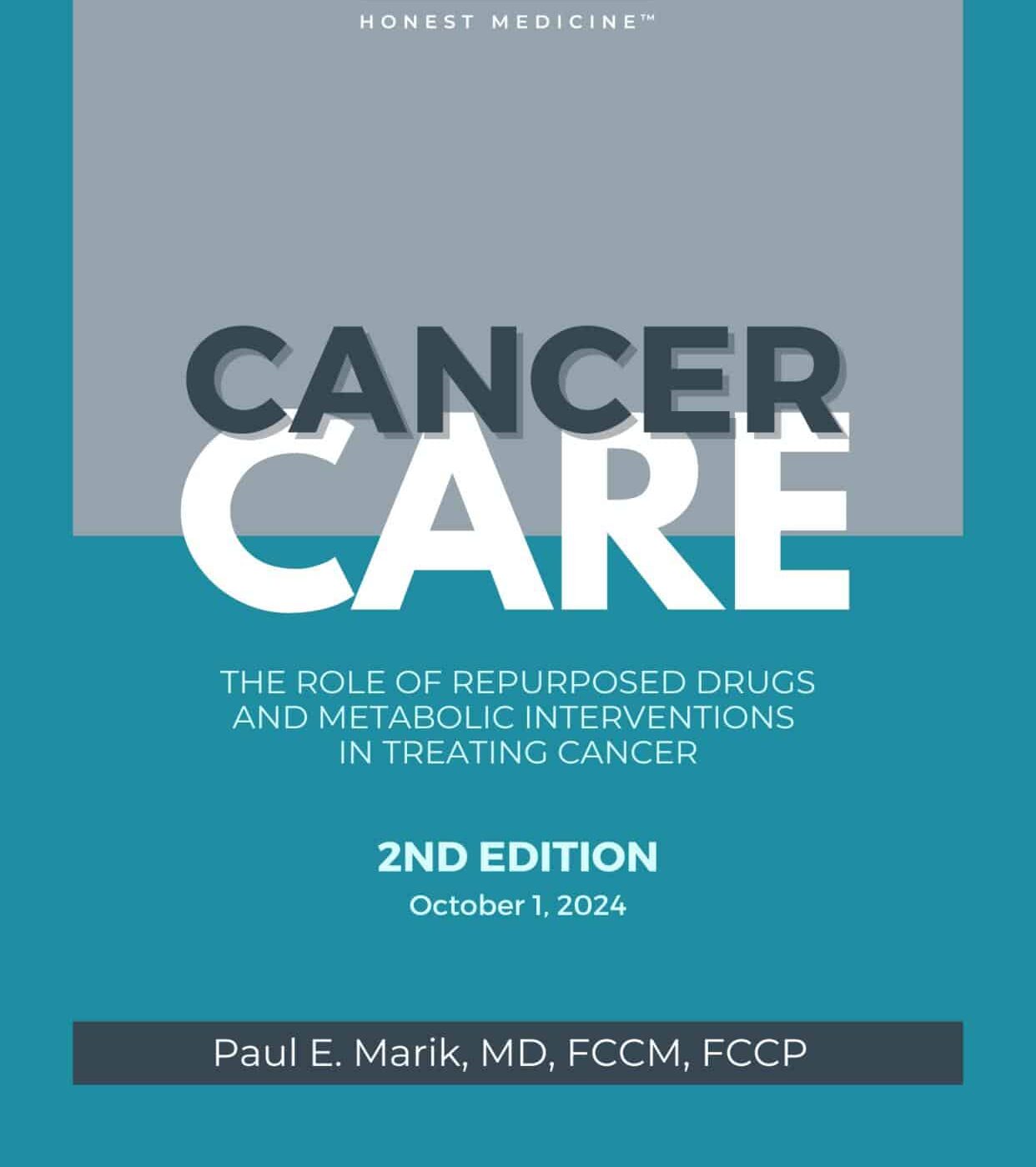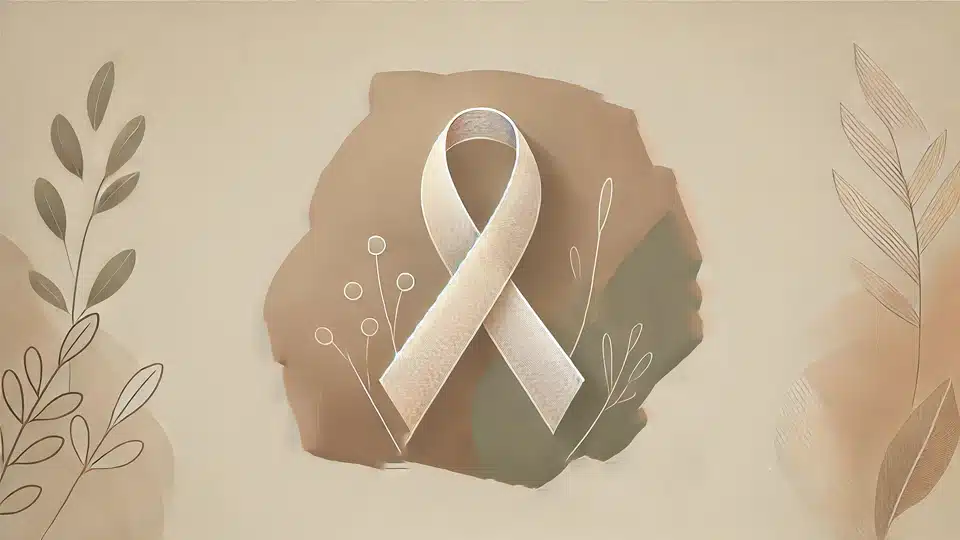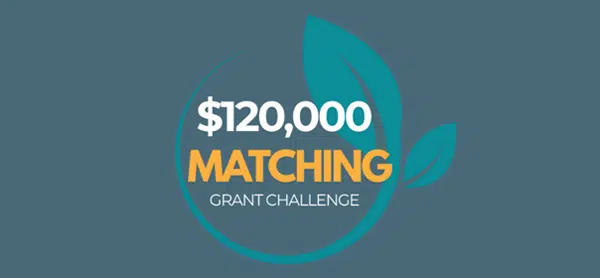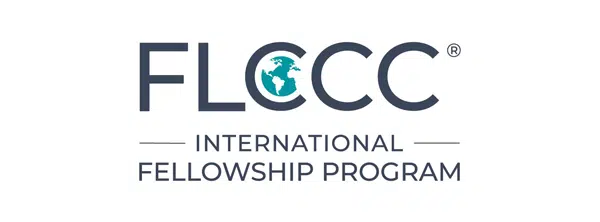Since COVID won’t be our last pandemic, here are a few questions to ponder before the next wave hits.

The COVID messaging came in early, hot — and most of all — in stereo:
“This virus is deadly. Masks, social distancing, and quarantining are critical to stemming the spread. Herd immunity will be our salvation. The only way to achieve that is to lock everyone in their homes and wait for safe-and-effective vaccines to save us. Fortunately, pharma is on it!”
Three long years later, it turns out that masks not only don’t work but can make us sicker. Social distancing was a myth, pretty much pulled out of thin air. Quarantining was an unmitigated social, psychological, and economic disaster. And despite sweeping admissions from both government officials and the manufacturers themselves that the vaccines don’t stop infection or transmission (i.e., they are not effective) and skyrocketing spikes in adverse reaction reports (i.e., they are not safe), the relentless messaging hasn’t changed. Would you like a free apple fritter with your safe-and-effective vaccine?
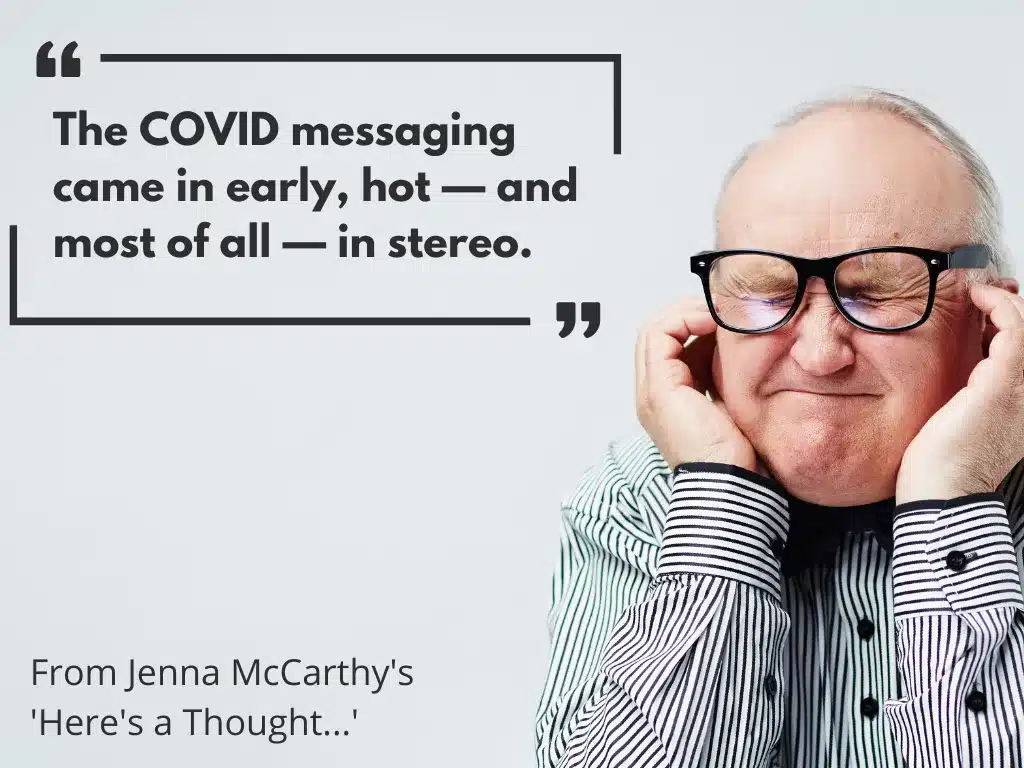
Some of us — you might know us as anti-vaxxers, conspiracy theorists, science deniers, or granny killers — found the whole setup sketchy from the get-go. But as injuries and unanswered questions mount, our ranks are growing by the day, thanks in part to folks like surf legend Kelly Slater and Congresswoman Nancy Mace speaking out about their personal experiences with vaccine injuries and loss.
Since COVID won’t be our last pandemic (Bill Gates said so!), here are a few questions we all might want to ponder before the next wave hits:
- How can one deem anything “safe and effective” without long-term data? Every year, the FDA decides that around 4,500 drugs and devices they previously declared to be safe are in fact potentially hazardous and pulls them from the market. Maybe it’s time to demand actual, long-term testing.
- What’s an acceptable death toll from any medication? Prior vaccine programs have been scrapped after just a handful of casualties; in the notoriously underreported VAERS system, the body count of the COVID so-called vaccines is currently north of 34,000. Yes, thousand. When would be a reasonable time to pump the brakes? We should have a number in mind. (Mine is 1.)
- Shouldn’t there be some health guidance if the government’s genuine concern is our collective well-being? Obesity can complicate a host of medical conditions. So can low levels of Vitamin D. Maybe let’s listen to the sort of health experts who advise getting a smidgen of sunshine, forsaking a few processed foods, or taking a brisk stroll the next time our immune systems are under attack?
- Does the guidance being issued make sense? During peak COVID hysteria, bars were deadly, but restaurants were harmless. Six feet apart was nonnegotiable, unless you were on a plane, or (seated) in one of the aforementioned restaurants, or separated from your cashier by a flimsy sheet of plexiglass. Viral particles proliferated in mom-and-pop shops but dropped dead in the doorways of Walmart and Costco. Church services, concerts, and other mass gatherings were perilous, but violent protests got the green light. If the messaging makes no sense, can we all agree it’s okay to question it?
- Can we bring back natural immunity? In a 2004 interview, Fauci declared that “the best vaccination is to get infected yourself.” Recent studies show prior COVID infection is six times more protective than vaccination. If the goal is truly herd immunity to protect grandma — and not in fact compliance, control, and an unprecedented fortune for a lucky few — shouldn’t the clearly superior protection earn you a get-out-of-jab-free pass?
- Is it logical or ethical for the federal government to want to wait 75 years to release safety data? Shouldn’t we all have access to this vital information? (The War Room/Daily Clout Pfizer Documents Analysis has a painstaking breakdown of what Pfizer and the FDA knew about COVID vaccines and wanted to bury, in case you’re curious.)
- Are our officials encouraging scientific debate and the pooling of the highest and best data? Because “this is our story and anyone who disagrees with it will be silenced, smeared, and de-platformed” doesn’t exactly instill trust.
- Are individual circumstances and risk factors being considered? Should pregnant women, the immune-compromised, the chemically sensitive, and the previously vaccine-injured be poked with impunity? Is it logical to give the same dose to a 400-pound linebacker and a wee ballerina, or the same dose to a six-month-old preemie and a strapping kindergartener? If you’re not at risk of the disease but the cure could harm you, shouldn’t you be able to refuse it? Maybe it’s time to bring back, “ask your doctor if [this medication or treatment] is right for you.”
- Are there possible side effects? If people were suffering strokes, going blind, losing limbs, and dropping dead after being poked with a certain therapeutic, wouldn’t that be good information to have? It’s called informed consent, and the absence of it is a criminal offense. Just saying.
- Are people being threatened, coerced, or bribed with everything from pizza to pot (You missed the Joints for Jabs campaign?) to sign up for a supposedly safe, life-saving treatment? As the kids say, seems a little ‘sus.’ Might be a good time to sit this round out.
There’s a saying: Trip me once, shame on you; trip me twice, shame on me. Here’s hoping we’re all a bit wiser before Pandemic 2.0 rolls around.


